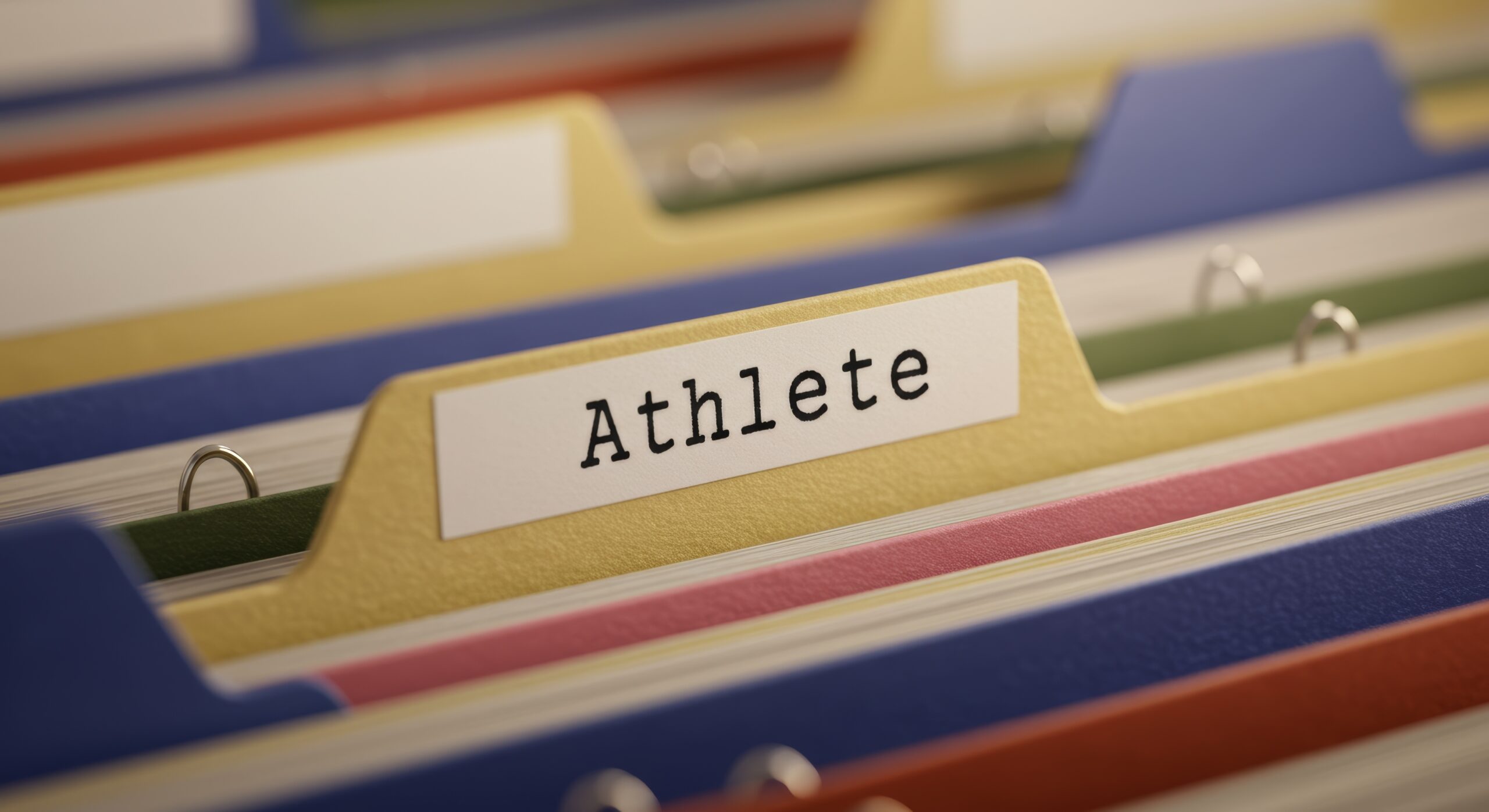5 Common NIL Income Mistakes Athletes Should Avoid
Name, Image, and Likeness (NIL) income has opened many doors for college athletes. With the right guidance, NIL can provide meaningful financial opportunities while athletes pursue their education and sports careers. However, without proper knowledge, some athletes may face problems later on.
At PMG Private NIL, we focus on helping athletes avoid mistakes related to taxation, compliance, and financial reporting. We do not offer investment advice. Our only goal is to guide athletes in handling the financial side of their NIL deals with care and accuracy.
This blog outlines five common mistakes athletes make when managing NIL income and how to avoid them. The goal is to help athletes stay informed and protected.
1. Not Reporting NIL Income Correctly
One of the biggest mistakes athletes make is failing to report their NIL earnings properly. Any money earned through NIL activities is considered taxable income. This includes payments for endorsements, social media promotions, autograph sessions, or appearance fees.
If athletes do not report this income, they may face penalties or audits in the future. Some athletes assume that if a brand pays them through apps like Venmo or Cash App, the income is not “official.” This is not true. The IRS still considers it taxable income.
How to Avoid It:
Keep a detailed record of all NIL-related payments.
Save receipts, contracts, and screenshots of any transactions.
Work with a tax professional who understands athlete income.
2. Forgetting to Set Aside Money for Taxes
Athletes may receive a lump sum from a brand or a steady stream of income over time. It can feel exciting to see that money come in. However, many forget that a portion of it must be paid in taxes.
Because most athletes are considered independent contractors, there is no automatic withholding like with a regular paycheck. That means athletes are responsible for setting aside and paying their own taxes. Missing tax payments can result in interest, late fees, or penalties.
How to Avoid It:
Set aside at least 25 to 30 percent of each NIL payment for taxes. This estimate may vary depending on the athlete’s total income and tax bracket.
Consider making quarterly tax payments to the IRS to avoid surprises during tax season.
Seek help from a tax advisor early on.
PMG Private NIL helps athletes understand these responsibilities so they can plan ahead and avoid unexpected bills.
3. Mixing Personal and NIL Finances
Another common mistake is mixing personal money with NIL income. Some athletes use one bank account for everything. This can make it difficult to track what money came from NIL deals and what came from other sources.
Blurring the line between personal and business finances may lead to confusion during tax time. It can also make it hard to prove your income and expenses if ever questioned by tax authorities.
How to Avoid It:
Open a separate bank account for NIL-related income and expenses.
Keep a record of each NIL payment and note the reason for each transaction.
Track business-related purchases such as travel costs, promotional materials, or clothing for sponsored events.
4. Signing Agreements Without Reading the Fine Print
Some athletes are so excited about NIL opportunities that they rush into contracts. But every NIL deal is a legal agreement. Signing without understanding the terms can create serious problems.
For example, an athlete might unknowingly agree to give away rights to their image for a long time. Or they may face penalties for missing deadlines they didn’t notice. In other cases, an athlete may be responsible for hidden costs.
How to Avoid It:
Read every contract carefully. If anything is unclear, ask for clarification before signing.
Involve a trusted legal advisor when reviewing NIL agreements.
Never assume that a deal is “standard” or safe without professional guidance.
5. Ignoring State, School, or NCAA Guidelines
NIL rules are still evolving. Every state may have different laws. In addition, each college or university may have its own policies about what athletes can and cannot do when making NIL deals. Athletes who ignore these rules risk losing eligibility to play or facing other consequences.
In some cases, athletes may accidentally violate school policies by promoting certain products. In others, they may break state laws by working with unapproved sponsors.
How to Avoid It:
Learn the NIL policies of your college or athletic program.
Understand your state’s NIL laws. These may differ from federal tax rules.
Make sure each NIL deal complies with all applicable rules and restrictions.
PMG Private NIL helps athletes stay updated on compliance issues. Our role is to support athletes so they can focus on their sport and studies without risking penalties from financial mistakes.

NIL Success Requires Smart Choices
NIL can be a valuable opportunity for athletes, but it requires planning and responsibility. Making the right financial decisions early on can help athletes avoid stress, protect their eligibility, and build a more secure future.
The five mistakes discussed in this article, failing to report income, forgetting about taxes, mixing personal and NIL finances, signing contracts without review, and ignoring policy rules, are avoidable. With the right support, athletes can stay compliant and organized.
PMG Private NIL is here to help with that support. Our focus is on financial clarity, not investments. By staying informed and getting the proper guidance, athletes can navigate NIL income with confidence and caution.
Additional Risk Area: Multi-State Tax Responsibilities
While not always classified as a mistake, overlooking multi-state tax rules can create major complications for NIL athletes. When student-athletes travel to other states for paid appearances, promotional work, or events tied to NIL income, they may trigger what’s often called the “jock tax.” This refers to state income tax obligations based on where the income is earned, not just where the athlete lives.
Many states expect non-residents to file income tax returns if they receive earnings for services performed within their borders. That includes NIL deals connected to travel, video shoots, or brand appearances outside the athlete’s home state.
Understanding where and how NIL income is earned helps athletes reduce the risk of tax penalties, interest charges, or overlooked filings. Each state has its own rules, and some are more aggressive than others.
How PMG Private NIL Can Help
PMG Private NIL is part of PMG CFO Services. We work closely with athletes to handle the financial and compliance aspects of their NIL opportunities. Our services include:
Tax reporting support
Income tracking and organization
Budgeting and financial planning
Record keeping and compliance assistance
Our mission is to help athletes stay protected, informed, and in control of their financial responsibilities.
To learn more, visit pmgcfo.com or follow us on Instagram at #pmgprivatecfoservices.




